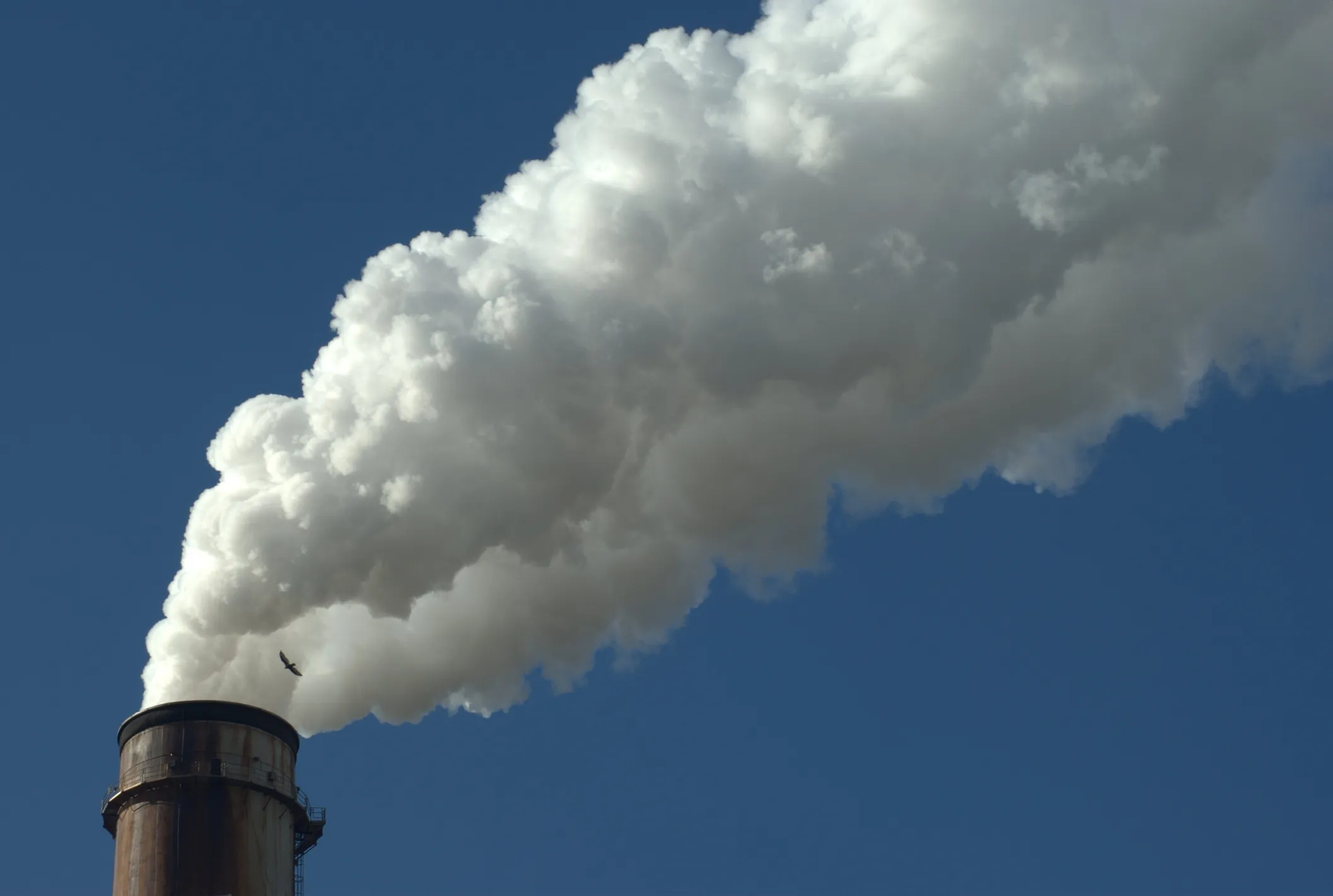The term “cancer cluster” refers to a greater-than-expected number of cancer cases within a specific area over a specific period. If you are dealing with cancer in Florida due to exposure to toxic chemicals, now is a good time to get help from a West Palm Beach environmental toxic tort attorney.
The Lytal, Reiter, Smith, Ivey & Fronrath team has been handling personal injury cases in Florida for over three decades. Our team can review your environmental toxic tort case and help you pursue damages from any negligent parties. To get started, please reach out to us.

Where do cancer clusters come from?
A cancer cluster may be suspected when many people in the same geographic area report cases of cancer among friends, family members, or coworkers. It’s important to note that because cancer is relatively common, some cases may appear to “cluster” when there is no connection between them.
That being said, cancer clusters certainly do exist in many areas of the country. The following are common reasons for people to suspect a cancer cluster in their community:
- A miscalculation about the expected number of cancer cases within a specific area
- A difference between the number of observed cancer cases and expected ones
- Presence of known causes of cancer within an area
- Unknown cause(s) of cancer
Once a cluster forms, an investigation can be performed to determine why it developed. However, an investigation can take years to complete. In some instances, an investigation does not explain why a cluster formed.
What are the characteristics of a cluster of cancer?
A group of cancer cases must meet the following criteria before it is defined as a cancer cluster:
- There is a greater-than-expected number of cancer cases within a similar group of people (with the same age, ethnicity, gender, etc.).
- This group is located within a defined geographic area.
- The number of cancer cases within this group occurs over a designated period of time.
Lytal, Reiter, Smith, Ivey & Fronrath can teach you about cancer clusters. Please let us know if you want to hire an attorney to represent you in an environmental toxic tort case. We can put you in touch with a lawyer who has achieved outstanding case results in environmental toxic tort lawsuits.
Is there a cancer cluster in Florida?
Cancer clusters have formed in Florida in the past. To find out if one is currently in Florida, you can contact your local or state health department, which can tell you if a cluster investigation is currently underway. You can also report a cancer cluster to your local or state health department.
It is important to note that cancer is a common disease. The American Cancer Society estimated that 1.9 million new cancer cases were diagnosed in the United States in 2022. Many people can be dealing with the same type of cancer within a geographic region and over a specific period of time without being in a cluster.
Can I sue if I am living in a cancer cluster?
If you believe you may be dealing with cancer, it is important to go to a doctor right away. Then, you can undergo medical testing and find out if cancer is present. If so, your doctor can help you manage your health and get the best results from any cancer treatment.
There can be times when an individual is diagnosed with cancer after prolonged exposure to harmful chemicals within their environment. If your cancer is related to toxic chemical exposure, you may be able to sue any parties responsible for it. At this point, you should consult with an attorney who specializes in environmental toxic tort lawsuits.
Your attorney can answer frequently asked questions about environmental toxic tort cases and similar legal topics. They can help you calculate any damages that you have incurred. Your lawyer will also ensure that you hold any at-fault parties responsible for their negligence.
How can I file a lawsuit based on a cancer cluster?
Lytal, Reiter, Smith, Ivey & Fronrath has plenty of experience with environmental toxic tort cases. We can help you file an environmental toxic tort lawsuit. To request a free case consultation, please contact us online or at (561) 655-1990.



